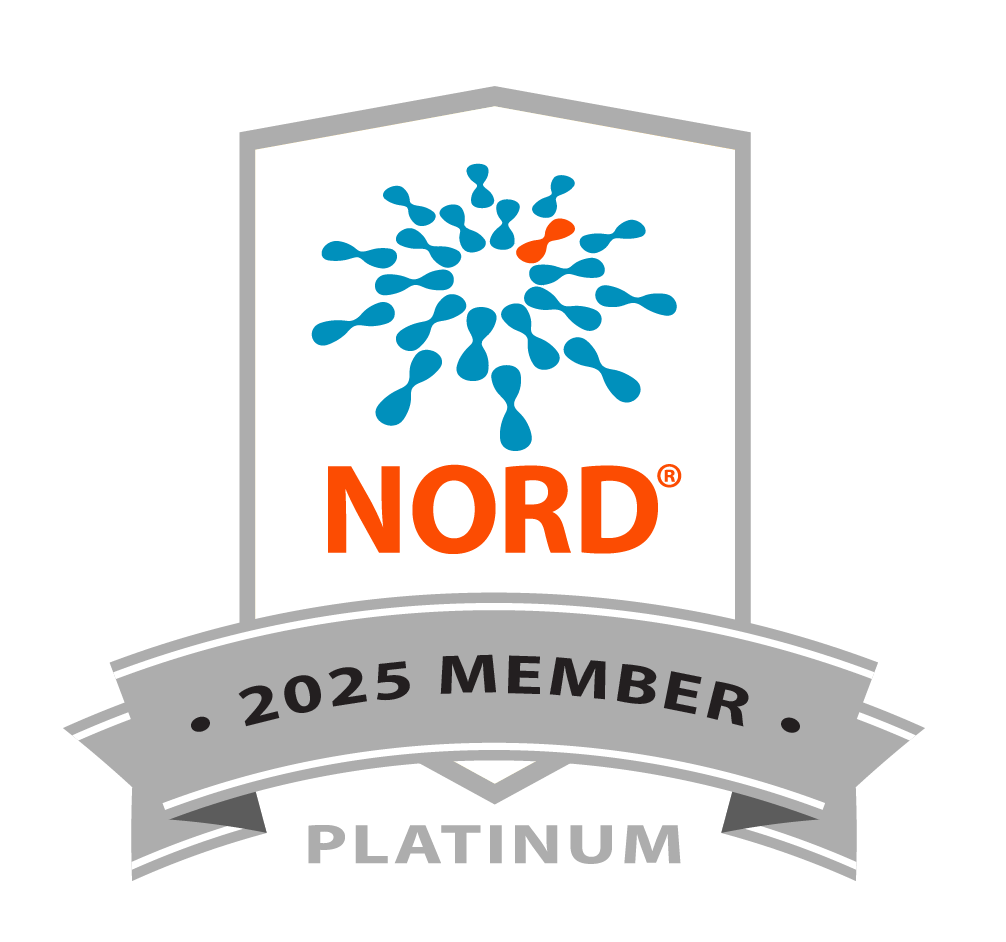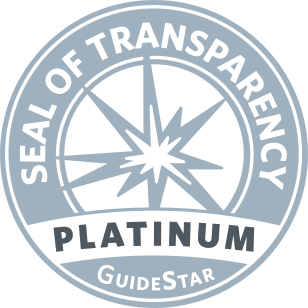REGENXBIO’s Gene Therapy for Wet AMD Performing Encouragingly in Human Study
Research News
Unlike current treatments requiring multiple injections, REGENXBIO’s gene therapy is administered as a one-time subretinal injection to the affected eye.
Though there are FDA-approved treatments for wet age-related macular degeneration (AMD) such as Lucentis™ (ranibizumab) and Eylea® (aflibercept), these therapies, known as anti-VEGFs, need to be injected into the eye at a doctor’s office for the rest of the patient’s life. In some cases, the injections are given monthly. In other cases, the anti-VEGFs are administered on an as needed basis. Regardless, the never-ending injections are neither pleasant nor convenient for the patient.
REGENXBIO’s emerging gene therapy, RGX-314, is designed to greatly reduce the need for repetitive anti-VEGF injections to stave off the harmful, leaky blood vessels from wet AMD by providing sustained production of a protein similar to ranibizumab. RGX-314 is administered as a one-time subretinal injection to the affected eye.
Allen Ho, MD, a retinal physician and surgeon at Wills Eye Hospital, presented promising interim, six-month results from a Phase 1/2 clinical trial for RGX-314 during the Sixth Annual Retinal Cell and Gene Therapy Innovation Summit on April 26. The summit, hosted by the Foundation Fighting Blindness and Casey Eye Institute, Oregon Health & Science University, preceded the 2019 annual meeting of the Association for Research in Vision and Ophthalmology (ARVO) taking place in Vancouver, Canada, April 28–May 2, 2019.
Interim RGX-314 trial results suggested a dose dependent response to the gene therapy. The clinical trial team observed that fewer rescue injections of an anti-VEGF (such as Lucentis or Eylea) were needed for higher doses of RGX-314.
Dr. Ho presented data for 18 patients in three dosing groups. The six trial participants who received the lowest dose of RGX-314 needed an average of 4.7 anti-VEGF rescue injections. The six who received the medium dose of RGX-314 needed an average of 3.8 rescue injections. The six patients who received the highest dose of RGX-314 only needed an average of 1.3 rescue injections.
Dr. Ho noted that 30 patients have now received the treatment in the Phase 1/2 trial and that REGENXBIO is planning a Phase 2b trial for RGX-314 in late 2019.




